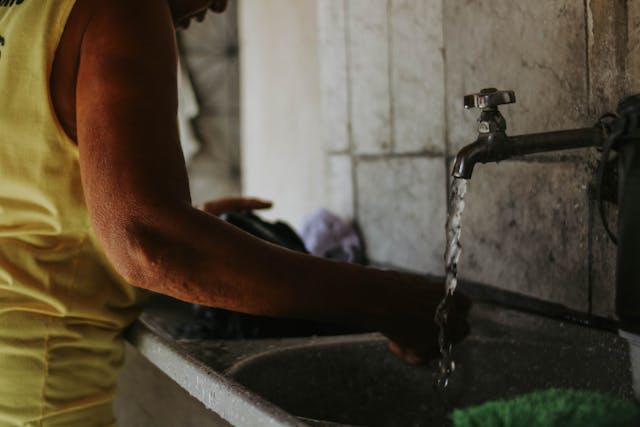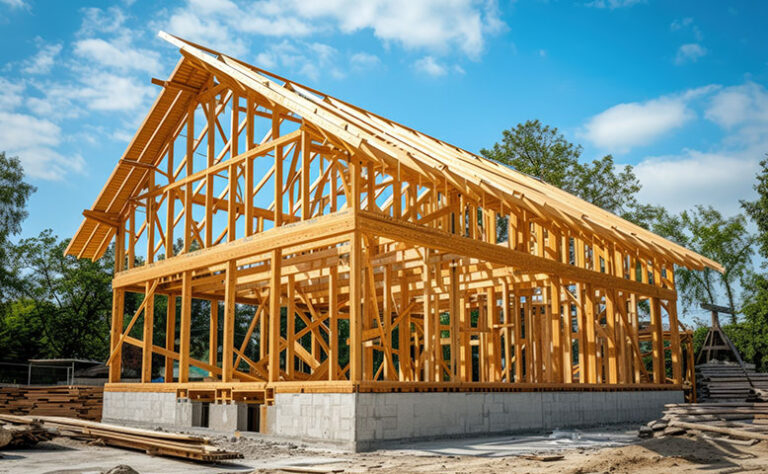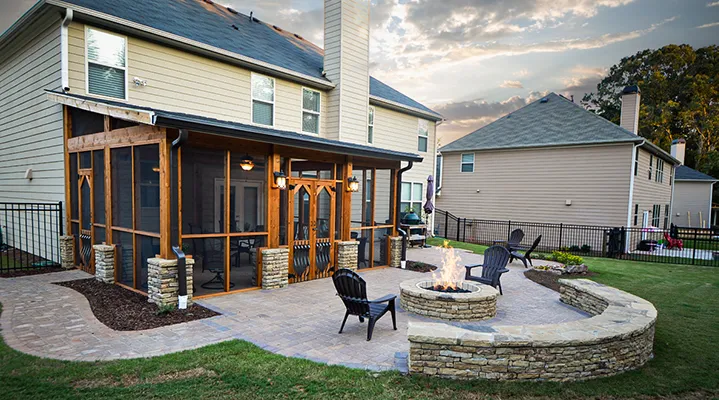7 Common Plumbing Problems You May Not Know You Have
All plumbing problems can sneak up on you. Small issues can, however, turn into big headaches if not checked. Seven common plumbing problems you may not even know you have are listed below. Time to immerse yourselves and make sure your home’s plumbing is in tip-top shape.
1. Frozen or Burst Pipes
Pipes can become hard on them in winter, especially where pipes are left in unheated spaces like basements or garages. When temperatures drop, water inside the pipes can freeze. Ice can expand and cause your pipes to burst from all that pressure. Burst pipes are a major problem and can flood, cause water damage, and require costly repairs. If you live where it gets cold, you should insulate your pipes and run a scant trickle of water in on especially cold nights. It’s nice to catch this early as it saves a lot of hassle, money, etc.
2. Water Heater Issues
Have you ever turned on the shower and got ice instead of hot water? But if your water heater is on the fritz, it’s a common sign. Over time, your water will start to fill with minerals that eventually settle to the bottom of your tank, and your heater will become less efficient. Other causes include bad thermostats or even bad heating elements. Things like flushing out your water heater once a year can help it stay in good working order. And if you reside near the area, you can always count on a plumber in Plainfield, IL to help with repairs or replacement if needed.
3. Overflowing Toilet
Plumbing nightmares you all want to avoid are things like an overflowing toilet. The problem is often caused by clogs in the pipes, malfunctioning float, or blocked vent pipes. If you flush waste, it could get stuck, causing the water to overflow. But if your toilet overflows a lot, it’s probably a good idea to call a professional to take a look, too. Additionally, if you know what you flush, you will also avoid clogs. Anything but toilet paper should not go down the toilet: wipes, paper towels, and even diapers.
4. Sewer Backup
The other big issue is sewer backups, which can affect your whole home. Waste has nowhere to go when the sewer line is blocked. It goes back up into your drains, usually in the basement or the darkest part of your house. Sometimes, it happens because of tree roots that infiltrate the pipes, clogging of grease or any other debris, or heavy rain hitting the system beyond its capacity. Sewer backup is not only gross, but also very expensive to clean up. Professionals can assist you in spotting any troubles with your sewer line before it becomes a major crisis.
5. Gas Leak
There are few plumbing problems as dangerous as gas leaks. Many don’t know that plumbers are not just working on the water side of things. Plumbers also work on gas lines, and a gas leak is no joke. If you are at home, a rotten egg smell and dizziness or nausea could be a sign of a gas leak. If you think you smell a gas leak, play it safe: Dial 911 and get outside right away. When a gas leak does happen, it can cause a fire explosion or poisoning, so it’s best to act quickly and safely.
6. Clogged Drains
Drain clogs are annoying but can go unseen until they become a problem. Clogs can form in kitchen sinks, bathroom drains, and showers. Eventually, hair, soap scum, food particles, and grease accumulate, slowing or even stopping your drain completely. A natural mixture of baking soda and vinegar also helps to clear out your drains regularly. If the water is draining slowly or seems to have recurring clogs, then it may be time to call in a professional for a thorough cleaning.
7. Leaky Faucets, Leaky Showerheads, and Leaky Pipes
A leaky faucet is no big deal, but those little drips do add up. That can add gallons of wastewater to your water bill. A worn-out washer or a problem with the seal can also cause drips. While faucets aren’t the only thing that can leak, showerheads and pipes are common. Leaky pipes, especially if they’re behind walls, can cause structural damage and can turn into mold if left there. Take care of leaks as soon as you notice any. Fixing leaks can save you from larger problems down the road.
Conclusion
Small plumbing problems can grow quickly and, if not checked, can cause more damage and stress than you need. Regular maintenance and knowing what to look for keep your home’s plumbing in tip-top condition and prevent needed repairs. If you think you might have any of these problems, don’t wait to contact a professional.



